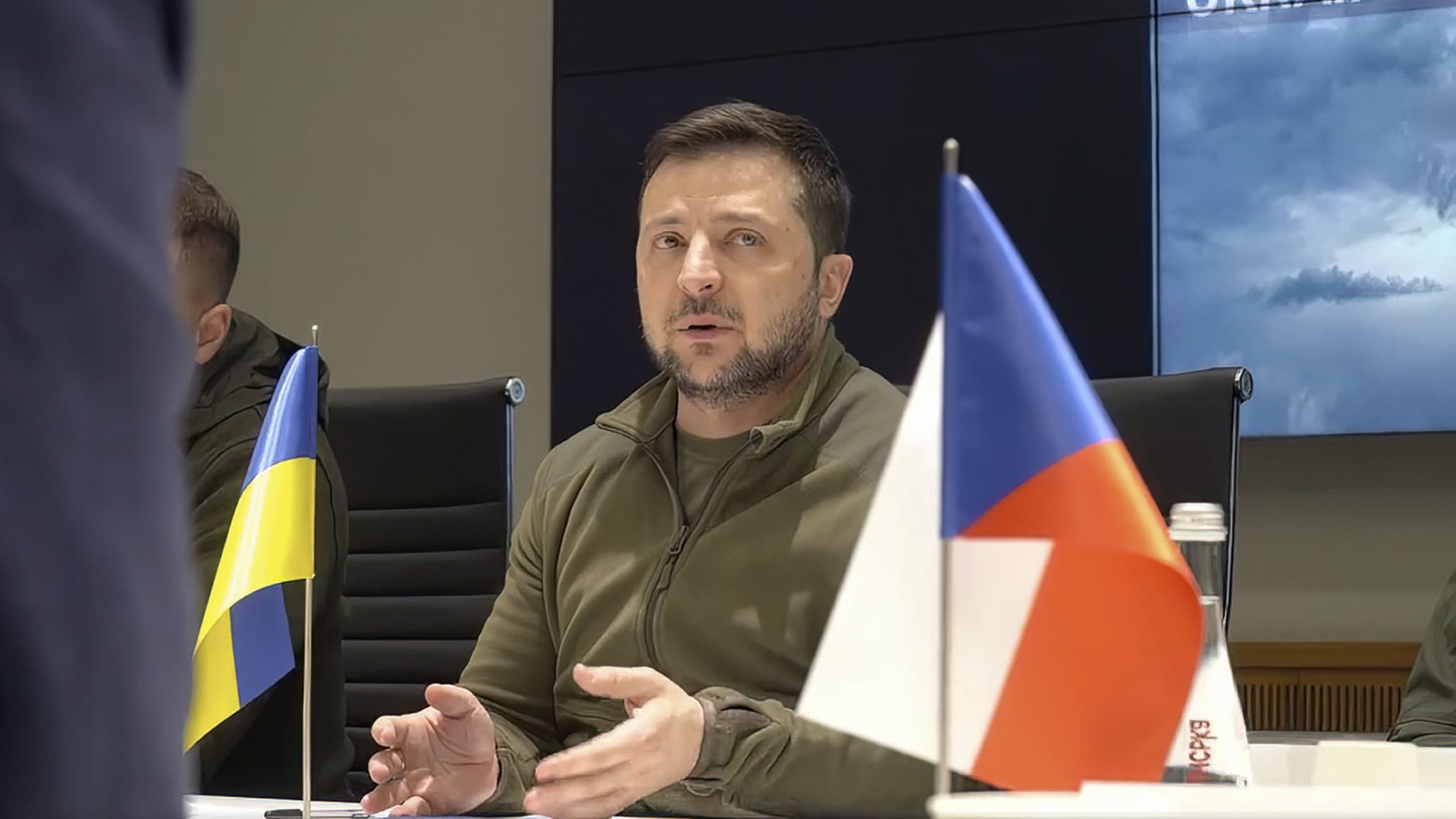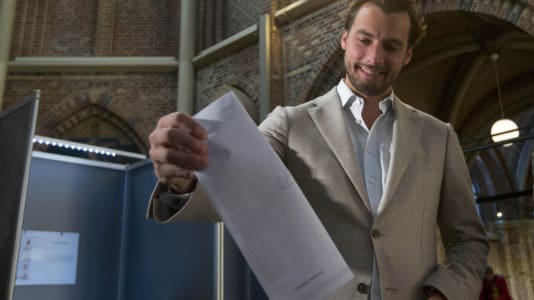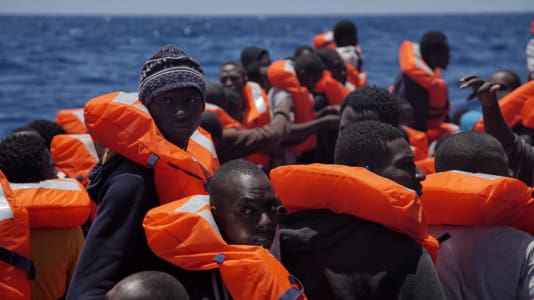A security adviser who accompanied the Czech Prime Minister Petr Fiala on his visit to Kyiv has spoken about his experience of the visit in an interview with the Deník N newspaper, revealing the decision to visit Ukraine had been spontaneous but necessary.
Tomáš Pojar told the newspaper that Ukrainian President Volodymyr Zelensky had been pleased by the showing of solidarity and support offered by the European leaders’ trip to his country.
“The Ukrainian president can appreciate when someone arrives at the place in person. Not only did he say that, but it was apparent,” Pojar explained.
The decision by the leaders of the Central European nations of Poland, Czechia and Slovenia to visit Kyiv had been taken during a meeting in Versailles and had been initially proposed by Poland.
“It all came from the prime minister’s conversation with Polish Prime Minister Mateusz Morawiezcki and Slovenian Prime Minister Janez Janša. Petr Fiala immediately knew that it was the right decision. He knew it was necessary and right to go there. I had the same opinion,” Pojar claimed.
According to the adviser, it was a rather spontaneous decision that seemed logical for the leaders of the Central European countries who have invariably been more affected by the ongoing conflict. Pojar revealed that there was a sense of duty in the minds of the leaders to show their support.
The Czech security adviser, who personally has experience in war zones, including Yugoslavia and Chechnya, also explained how the event had been prepared for in terms of security.
“It’s good not to underestimate anything and prepare for danger. But at the same time, the greatest risk is accidental, which you don’t know about. There was a risk that a missile would accidentally stray to where we were, but the probability was very little,” Pojar told the newspaper.
While he did not provide security details for strategic reasons, he assured that safety was ensured very precisely and had been of paramount importance.
According to Pojar, the visit was absolutely crucial in terms of active support for Ukraine, but it was also a far more effective method of communicating with the Ukrainian leadership than to rely upon video and phone calls.
“Now, we can transfer not only testimony but all internal negotiations to Europe, Brussels, and international formats, to convey to other leaders what and how to do it,” Pojar stated.
“We have been dealing with how to help people who fight or those who are in our country. We can pass on the experience of hardening sanctions to weaken the barbarian adversary and make it as difficult as possible,” he added.
One topic of discussion that needs further exploration at a pan-European level is the possibility of asylum for deserted Russian soldiers, which Pojar explained was still in its infancy.
On Volodymyr Zelensky himself, Pojar described the Ukrainian president as a determined and reasonable leader who knows exactly what he wants and is fighting for.





